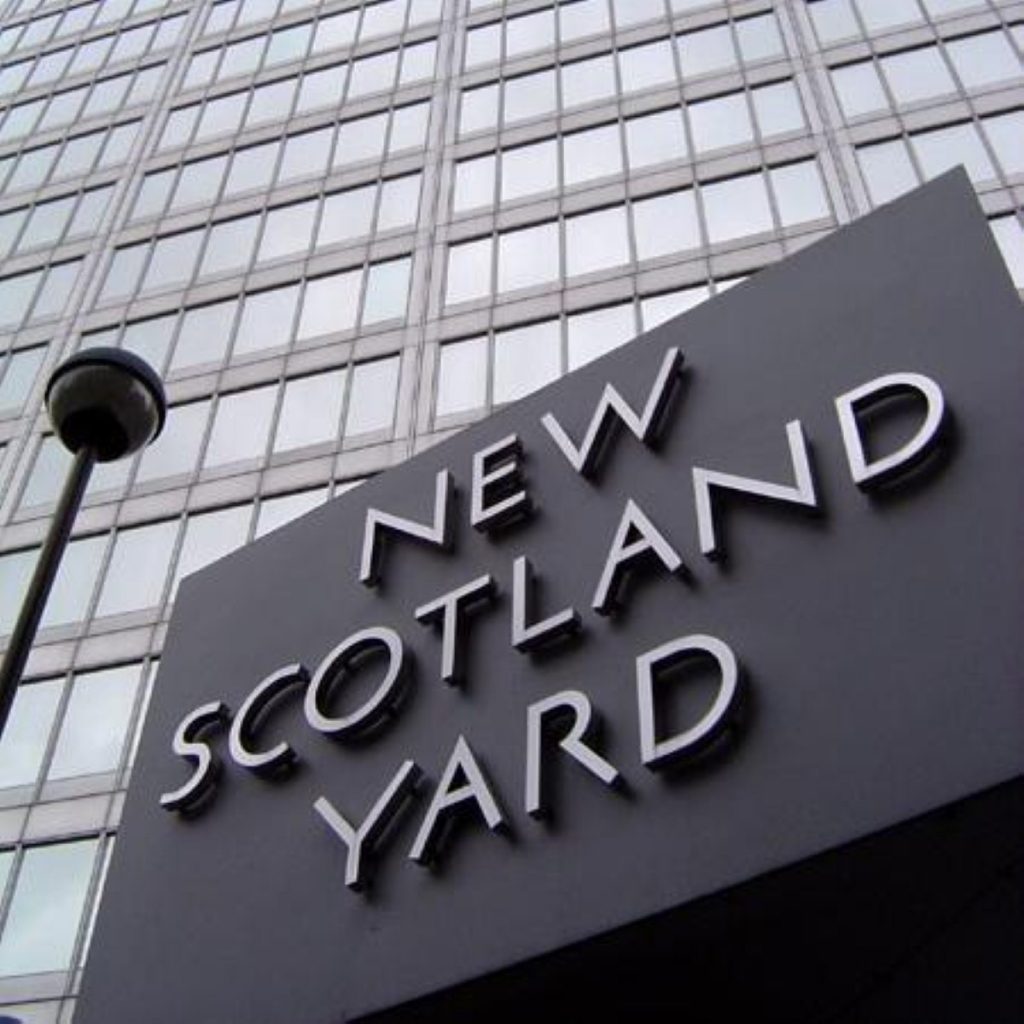Stop and search ‘not finding terrorists’
Stopping and searching suspected terrorists is not leading to arrests and convictions, an analysis of figures shows.
Ministry of Justice data on stop and search arrests show that for every 400 searches under the Terrorism Act, just one leads to an arrest.
The City of London police force stopped and searched 6,846 pedestrians and vehicles and failed to make a single arrest under the Terrorism Act.
It is not thought a single conviction has arisen from a suspect being stopped and searched on the street on suspicion of terrorism, although the police maintain the practice still disrupts terrorist activity.


The figures show the number of stop and searches rose considerably in the wake of the 2005 London bombings. In 2005-06, 44,453 stop and searches were carried out, a rise of 34 per cent.
Asians bore the brunt of this increase, with an 84 per cent rise in stop and search.
Black people were stopped 51 per cent more times under the Terrorism Act. Stop and searches for other ethnic groups rose 36 per cent and white people were stopped 24 per cent more.
Police forces in London remain the most prolific, with the Met carrying out a half of all stop and searches and the City of London 15 per cent.
The number of stop and searches carried out under the Police and Criminal Evidence Act has also continued to rise with a marked racial divide.
Overall the number of people stopped and searched has hit a seven-year high of 878,153 after a 3.4 per cent rise.
Black people were seven times more likely than their white counterparts to be stopped and searched, while 75 per cent of people stopped by the Met were black.
Drugs were cited as the main reason for suspicion. Of those searched, 13 per cent of black people were arrested, compared to 12 per cent for all ethnic groups.
The government defended the use of stop and search.
A Home Office spokesperson said: “The government wholly supports the powers of stop and search and believes it to be a vital tool for police officers in preventing, detecting and reducing crime, whether it be street robbery, gun crime, drug-dealing or terrorism.
“The key to effective and fair use of stop and search is that it should be used in a targeted, intelligence-led way, with good grounds and based on accurate, up-to-date intelligence.
“Our aim is to ensure that officers have the confidence to use the powers effectively to tackle crime, whilst promoting confidence in their use amongst all members of the community.”












